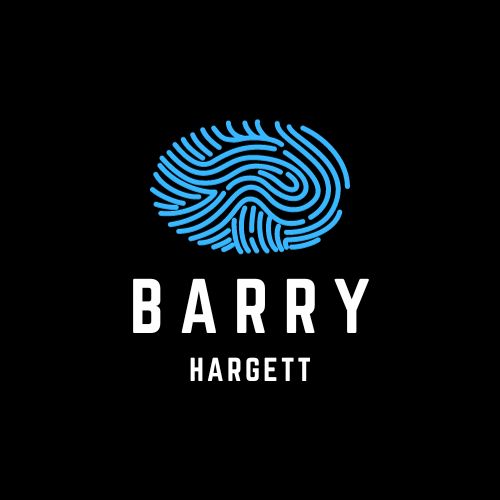Private investigators play a critical role in uncovering the truth, solving cases, and assisting clients. However, private investigation is not without legal and ethical considerations. To ensure that investigations are conducted within the bounds of the law and respect individuals’ privacy rights, private investigators must navigate a complex web of regulations and privacy laws.
- Licensing and Certification
In many jurisdictions, private investigators must obtain a license to practice legally. Licensing requirements vary from state to state and country to country. Typically, applicants must meet specific criteria, such as completing a background check, demonstrating relevant experience, and passing an examination. Licensing ensures that investigators have a basic understanding of the laws and regulations governing their profession.
- Privacy Laws
Respecting individuals’ privacy rights is a fundamental ethical and legal principle for private investigators. The extent to which private investigators can collect information and conduct surveillance is subject to stringent privacy laws. Common privacy laws that PIs must adhere to include:
- Federal Privacy Laws: In the United States, laws like the Federal Trade Commission Act and the Electronic Communications Privacy Act govern individuals’ electronic communications and data privacy.
- State Privacy Laws: State-level laws vary, but many have specific regulations regarding using surveillance equipment, recording conversations, and accessing personal information.
- HIPAA: The Health Insurance Portability and Accountability Act (HIPAA) protects individuals’ medical and health-related information privacy. Private investigators must comply with HIPAA regulations when handling such data.
- Consent and Authorization
Obtaining informed consent is a crucial aspect of private investigations. Investigators must inform individuals of the purpose of the investigation and obtain their permission when required by law. Consent is typically necessary when conducting surveillance, interviewing witnesses, or accessing private property.
- Trespassing and Harassment
Private investigators must avoid trespassing or engaging in harassment. Surveillance activities must be conducted within legal boundaries and should not involve illegal entry, stalking, or intimidation. Investigators should always respect the law and the rights of individuals.
- Evidence Handling
Private investigators may be called upon to gather evidence that could be used in legal proceedings. They must handle evidence carefully, maintain a chain of custody, and ensure its admissibility in court. Mishandling proof can lead to its exclusion from legal proceedings and damage the investigator’s credibility.
By upholding these principles, private investigators can serve their clients effectively while respecting the rights and privacy of individuals involved in their cases.

